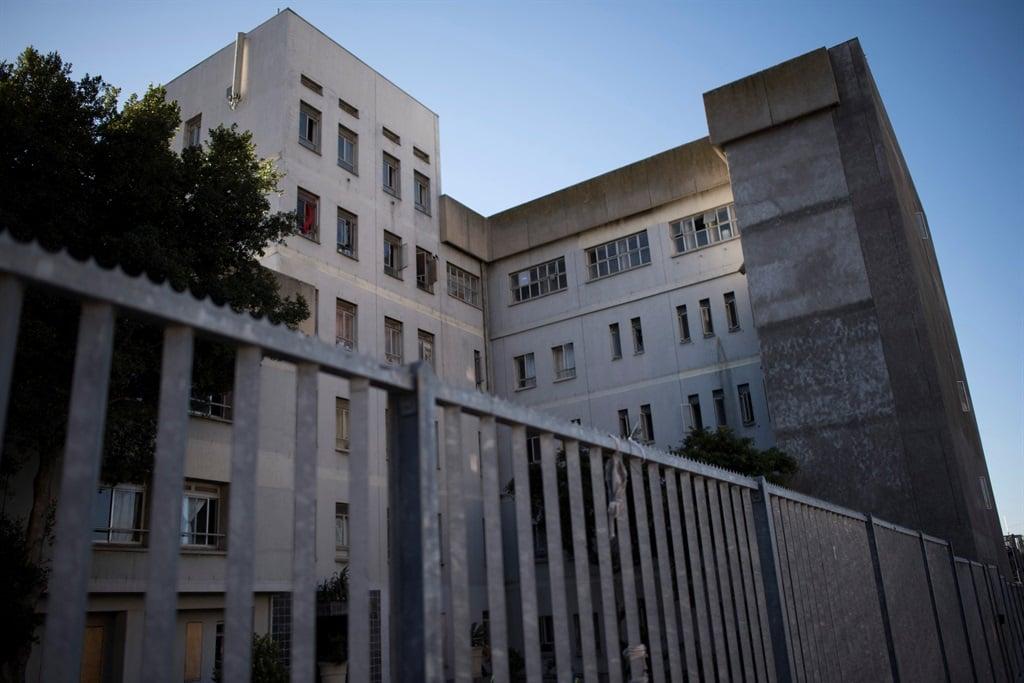Africa-Press – South-Africa. The Western Cape government is preparing to relocate residents who are illegally occupying the defunct Helen Bowden Nurses Home in Green Point, Cape Town.
Western Cape Department of Human Settlements and Infrastructure spokesperson Ntobeko Mbingeleli said the relocation of residents was receiving attention.
“However, this is done outside of court,” Mbingeleli said.
The department plans to redevelop the site with a focus on inclusionary housing, as part of the Somerset Precinct redevelopment, and demolishing the current building will be necessary.
“This can only be done once the unlawful occupants vacate the property,” said Mbingeleli.
The Helen Bowden Nurses Home became the site of a defiance campaign for affordable housing due to the shortage of inner-city housing.
The old nurses’ home is dilapidated and has no running water. Residents walk outside to fetch water at the only tap servicing the property.
Mbingeleli said the provincial government had provided standpipes on the site to ensure secure access to water.
“Occupants also access water from the vandalised fire hydrant facilities inside the building, which has not been turned off due to fire safety concerns,” she said.
Security guards wander around the property to prevent more people from joining the occupation. The more than 200 people occupying the building are members of the activist group Reclaim the City and call it Ahmed Kathrada House.
The Western Cape government switched off the electricity when the occupation started in March 2017.
Sheila Madikane, a domestic worker in Sea Point, has been leading the occupation since it started. Madikane said it was challenging to have no electricity during winter.
She said:
Madikane said the passages were dark, and many residents were wheelchair users.
“When it gets dark, we can’t walk around. Some of us have no jobs, and we have asked the province to provide us with electricity, and they outright said no,” she added.
“We have a housing crisis in this province, and they are saying they (the provincial government) want to use the property for housing. But where must we go? We want them to fix the building for us. We don’t want to live for free; we want to pay rent that’s affordable,” she said.
During Western Cape Premier Alan Winde’s State of the Province Address last month, he criticised the occupations led by Reclaim the City.
“The number of housing beneficiaries affected by extortion has risen dramatically over the past several months from 18 000 to 21 000 residents.
“And it is not only extortion, but it is also stealing other people’s right to home ownership by illegally occupying sites that are earmarked for social housing and mixed-used developments like the Helen Bowden site, Woodstock Hospital and other locations,” he added.
Winde said illegal occupations hindered their ability to deliver thousands of housing opportunities.
Adi Kumar, director at the housing lobby group Ndifuna Ukwazi, said Reclaim the City and the residents of Ahmed Kathrada House repeatedly approached the provincial government to restore the electricity supply to the building.
“The province has refused to do so, citing that they want to develop the site for social housing over the long term.
“This is disingenuous as the building was vacant for several years before it was occupied. It is also disingenuous that there are so many other provincial parcels of land, such as Top Yard, that are sitting being used for parking lots when the streets of Cape Town are full of encampments.”
Kumar said the lack of electricity created massive problems for the residents.
Kumar added:
Regarding the electricity, Mbingeleli said the provincial government repeatedly confirmed that access to free electricity was not a constitutional right and that the owner would provide no electricity at the site, given that the occupation was unlawful.
“The current occupants are not lessees, and the provincial government’s position is not akin to that of a landlord. In any event, the internal electrical infrastructure has been vandalised to such a degree that it cannot be repaired prudently.
“Exterior lighting is in place. In addition, the department distributed solar lamps for each resident,” she said.
For More News And Analysis About South-Africa Follow Africa-Press






